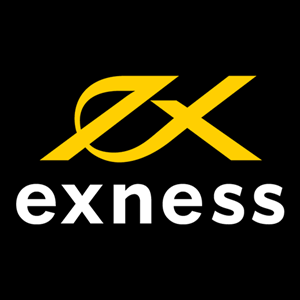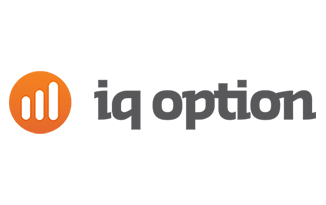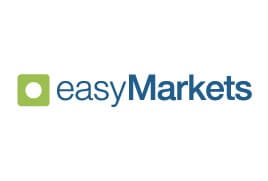Premium Trading
Premium trading typically refers to a type of trading where traders use advanced strategies, tools, and technologies to execute trades in financial markets. It is often associated with high-frequency trading (HFT) and algorithmic trading, which involve using computer programs and algorithms to identify profitable trades and execute them automatically.
Forex No Deposit Bonus Brokers in South Africa

Quotex

Deriv

Exness

IQ Option

Hycm

Easy Markets
Premium trading may also involve using advanced charting and technical analysis tools to identify patterns and trends in the market, as well as accessing specialized market data and research to inform trading decisions.
trading is typically used by professional traders and institutions with significant resources, as the technologies and strategies involved can be complex and require substantial investment. However, some retail traders may also engage in trading by using advanced trading platforms and tools offered by their brokers.
Here are a few tips for premium trading:
- Use a trading plan: Develop a clear trading plan that outlines your strategy, goals, risk tolerance, and entry and exit points. Stick to your plan and avoid making impulsive trades.
- Stay informed: Stay up-to-date with market news, trends, and events that can impact the assets you’re trading. Use specialized market data and research to inform your decisions.
- Manage risk: Use risk management techniques such as stop-loss orders and position sizing to limit your losses and protect your profits.
- Use advanced tools and technologies: Consider using advanced trading platforms, charting and technical analysis tools, and algorithmic trading strategies to optimize your trades.
- Monitor your trades: Regularly monitor your trades to ensure they are performing as expected. Adjust your strategy as needed to optimize your results.
- Practice discipline: Maintain a disciplined approach to trading and avoid emotional decisions that can lead to impulsive trades and losses.
Premium Trading faqs
What is the difference between premium trading and regular trading?
trading involves using advanced strategies, tools, and technologies to execute trades in financial markets. It is often associated with high-frequency trading (HFT) and algorithmic trading, while regular trading is more straightforward and relies on manual analysis and decision-making.
Who typically engages in premium trading?
Premium trading is typically used by professional traders and institutions with significant resources, such as hedge funds and investment banks. However, some retail traders may also engage in trading by using advanced trading platforms and tools offered by their brokers.
What are some of the risks associated with premium trading?
The risks associated with trading include market volatility, technical glitches, system failures, and operational risks. Premium traders also face the risk of regulatory scrutiny and changing market conditions that can impact their strategies and profits.
What types of assets can be traded using premium trading strategies?
Premium trading strategies can be applied to a wide range of assets, including stocks, options, futures, currencies, and commodities.
How can I get started with premium trading?
To get started with trading, you will need to develop a clear trading plan, research advanced trading tools and technologies, and stay informed about market trends and events. It is also important to have a solid understanding of risk management techniques and to practice discipline and patience when executing trades.

